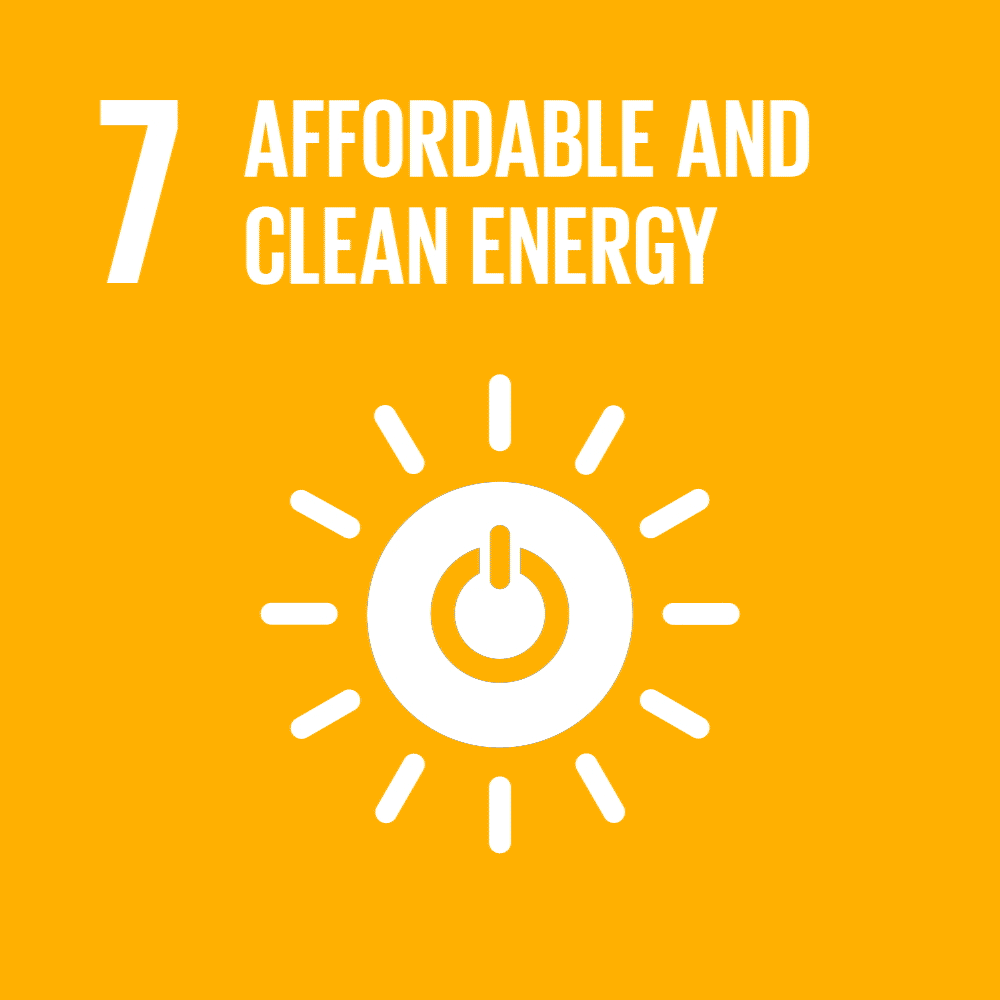
Renewable Energy Sources
Wind Energy
Massive windmills harvest the energy from air currents and convert it into electrical power using turbines.

BioEnergy
Bioenergy is produced from a variety of organic materials, called biomass, such as wood, charcoal, dung and other manures for heat and power production. Most biomass is used in rural areas for cooking, lighting and heating.

Wave Energy
Waves hit a chamber containing a turbine, and the force and motion by which they hit the shoreline create strong enough winds to turn the turbine.
_gif.gif)
Solar Energy
Solar energy can be used for electricity generation, or heating water. A solar cell converts sunlight into electricity, which can be used to power appliances in your home. Solar pipes and panels are used to heat water. Cold water enters the pipes, and gets heated by sunlight. The pipes are black, and inside an insulated panel.

Geothermal Energy
Geothermal energy involves using the energy from the earth's core. There are several nuclear reactions taking place there, causing intense heat to spread near the centre of the planet.
Water is pumped down deep enough, so the heat causes it to evaporate, and the steam turns the turbines.

Hydropower
Hydropower directly uses water to turn turbines. A river or lake fills up a reservoir behind a dam. The gates are opened, and the sudden and immense gush of water turns the turbine.
_gif.gif)
Tidal Energy
As tides come in and out, they spin a turbine in a facility called a “barrage”. It spins once when the tide goes in, and once when the tide goes out, generating electricity.

Renewable Energy at home: Solar Oven
Using the sun to passively heat your food is a good way to get started in the world of renewable energy. Solar ovens work by trapping sunlight to heat food. You can buy a solar oven or build your own out of a few common materials.

